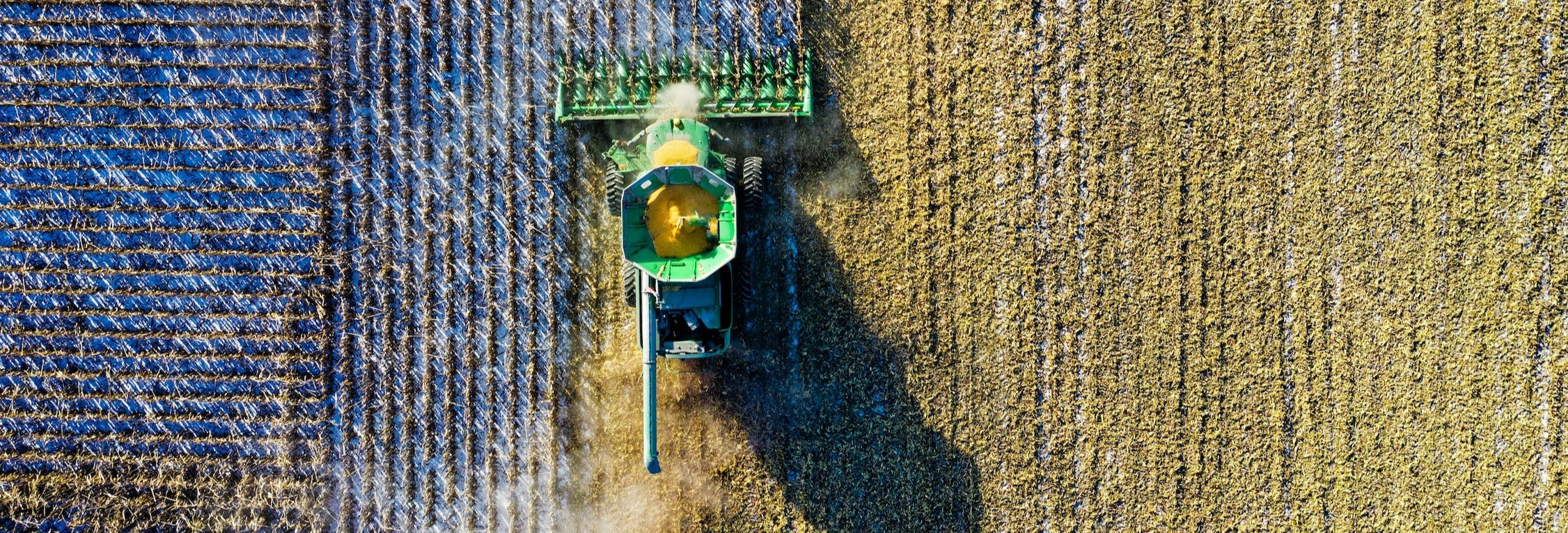Abstract
Purdue University has been a member of the SEA-PHAGES (Science Education Alliance-Phage Hunters Advancing Genomics and Evolutionary Science) program since 2011. This program, created in conjunction with the Howard Hughes Medical Institute (HHMI), facilitates undergraduate curriculum for the authentic discovery of novel bacteriophages within the classroom. Since joining the program, undergraduates at Purdue have harnessed wet lab and bioinformatics principles to contribute over 200 previously uncharacterized bacteriophages and 25 novel genomes to the wider scientific literature. The SEA-PHAGES classes at Purdue have resulted in tangible professional deliverables for students through conference presentations and publications. Student outcomes also include transferable skills such as knowledge of aseptic technique, the nature of science, and genomic annotation which positions the classes as ideal platforms for workforce development for the biotechnology industry.
Start Date
2-3-2023 3:00 PM
Recommended Citation
Fauber, Daphne; Clase, Kari; and Weaver, Carol, "SEA-PHAGES Course-Based Undergraduate Research Experience for Creating a Biotechnology Workforce Development Pipeline" (2023). Graduate Industrial Research Symposium. 17.
https://docs.lib.purdue.edu/girs/2023/posters/17
Included in
Biological Engineering Commons, Biotechnology Commons, Engineering Education Commons, Laboratory and Basic Science Research Commons, Science and Mathematics Education Commons
SEA-PHAGES Course-Based Undergraduate Research Experience for Creating a Biotechnology Workforce Development Pipeline
Purdue University has been a member of the SEA-PHAGES (Science Education Alliance-Phage Hunters Advancing Genomics and Evolutionary Science) program since 2011. This program, created in conjunction with the Howard Hughes Medical Institute (HHMI), facilitates undergraduate curriculum for the authentic discovery of novel bacteriophages within the classroom. Since joining the program, undergraduates at Purdue have harnessed wet lab and bioinformatics principles to contribute over 200 previously uncharacterized bacteriophages and 25 novel genomes to the wider scientific literature. The SEA-PHAGES classes at Purdue have resulted in tangible professional deliverables for students through conference presentations and publications. Student outcomes also include transferable skills such as knowledge of aseptic technique, the nature of science, and genomic annotation which positions the classes as ideal platforms for workforce development for the biotechnology industry.


